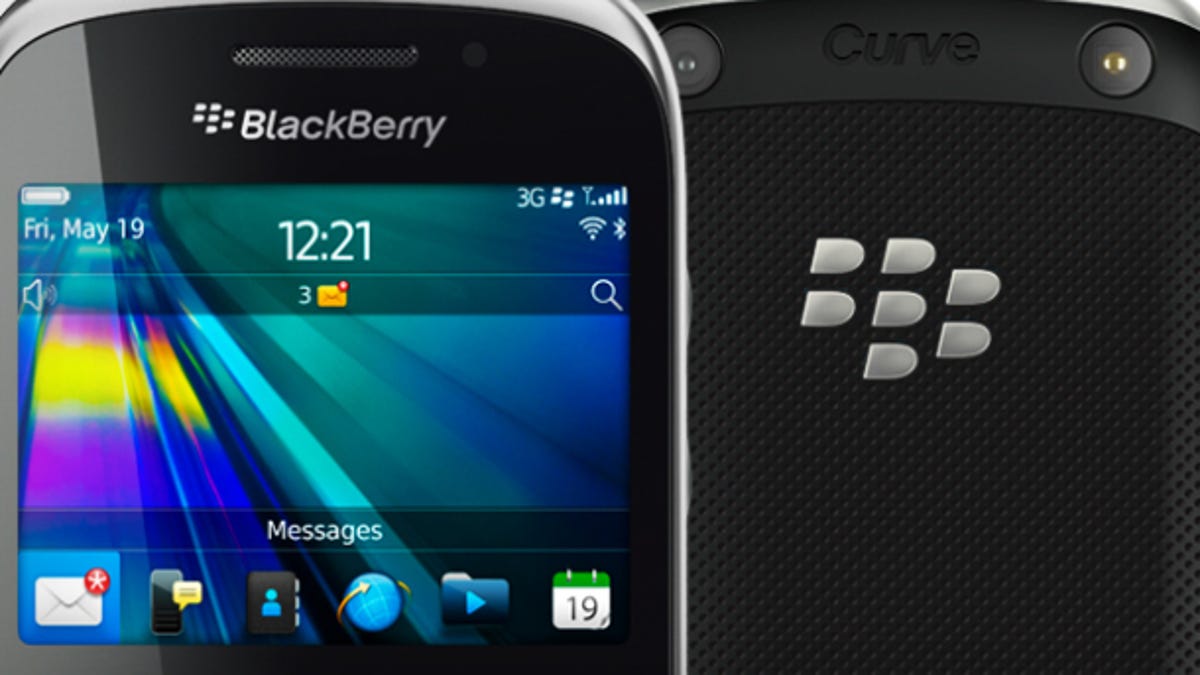NTSB tosses the BlackBerry in favor of the iPhone
Another U.S. government agency decides to drop RIM's beleaguered device because it has been "failing both at inopportune times and at an unacceptable rate."

Here's another signal that might be pointing to a BlackBerry swan song -- the U.S. National Transportation Safety Board is ditching the device for Apple's iPhone 5. This is the latest in a growing number of government agencies that have turned their backs on the mobile phone.
The government agency announced its plan in a government filing last week, according to Bloomberg. The reason it gave for dropping the phone is that it is not reliable.
BlackBerry devices have been "failing both at inopportune times and at an unacceptable rate," the NTSB wrote, according to Bloomberg. The 400-employee agency "requires effective, reliable and stable communication capabilities to carry out its primary investigative mission and to ensure employee safety in remote locations."
The NTSB is in charge of immediately investigating airplane accidents, along with other transportation disasters. Two international service disruptions on Research In Motion's BlackBerry network, including one in September, most likely gave pause to the NTSB.
RIM has had a tough year when it comes to the survival of its BlackBerry device. In addition to the NTSB dropping the phone, the U.S. Immigration and Customs Enforcement agency also ditched the device last month saying that the phone "can no longer meet the mobile technology needs of the agency."
To add insult to injury, the U.S. Department of Defense also announced last month that it was ending its exclusive contract with the company and opening up bidding to other device makers, including Apple and Google.
However, RIM remains optimistic that it will still be able to serve government agencies.
"Government organizations globally have trusted the reliability and security of BlackBerry for over a decade. They can continue to do so," a company spokesperson told CNET in an e-mail. "We have 1 million government customers in North America alone who depend on BlackBerry, and more than 400,000 government customers worldwide upgraded their devices in the past year."
The company is counting on the upcoming BlackBerry 10, which launches January 30, to help bring up business. The new smartphone will have an upgraded operating system and a full touch-screen. Also, RIM has already won key government security certification for the device, which allows it to be used in secure government workplaces. The company said that it plans to continue to cater to government agencies as BlackBerry 10 customers.
"We are committed to the mobility needs of government agencies around the world and will continue to meet these needs with BlackBerry 10," the company spokesperson told CNET.

